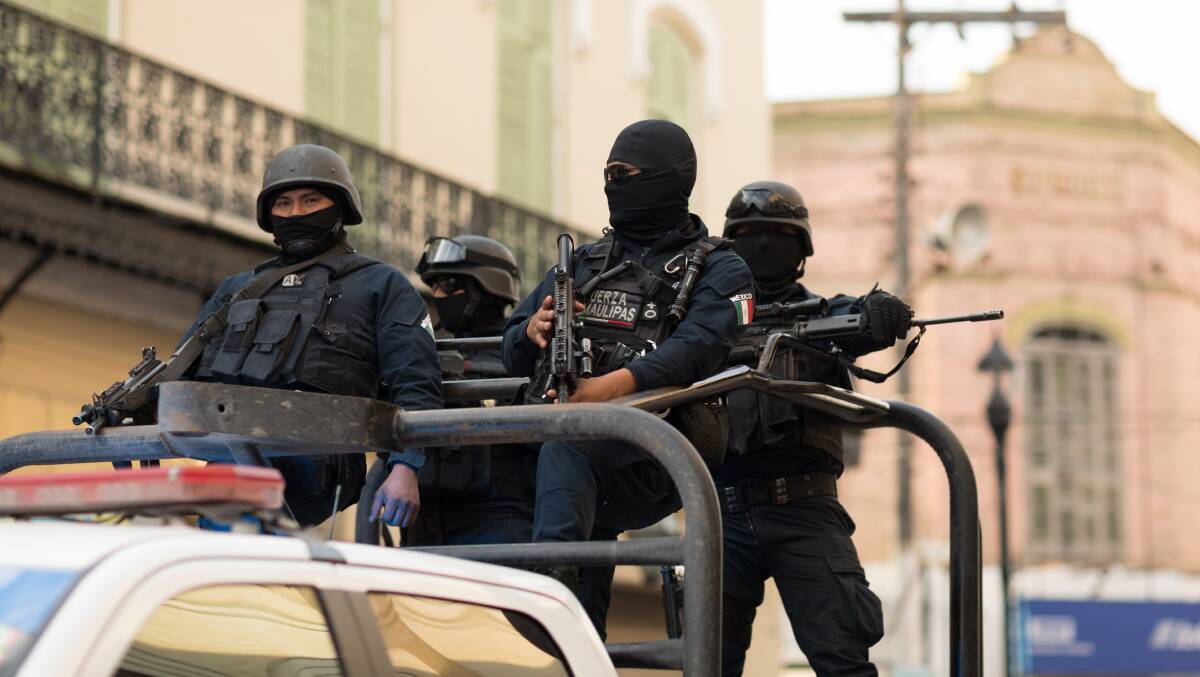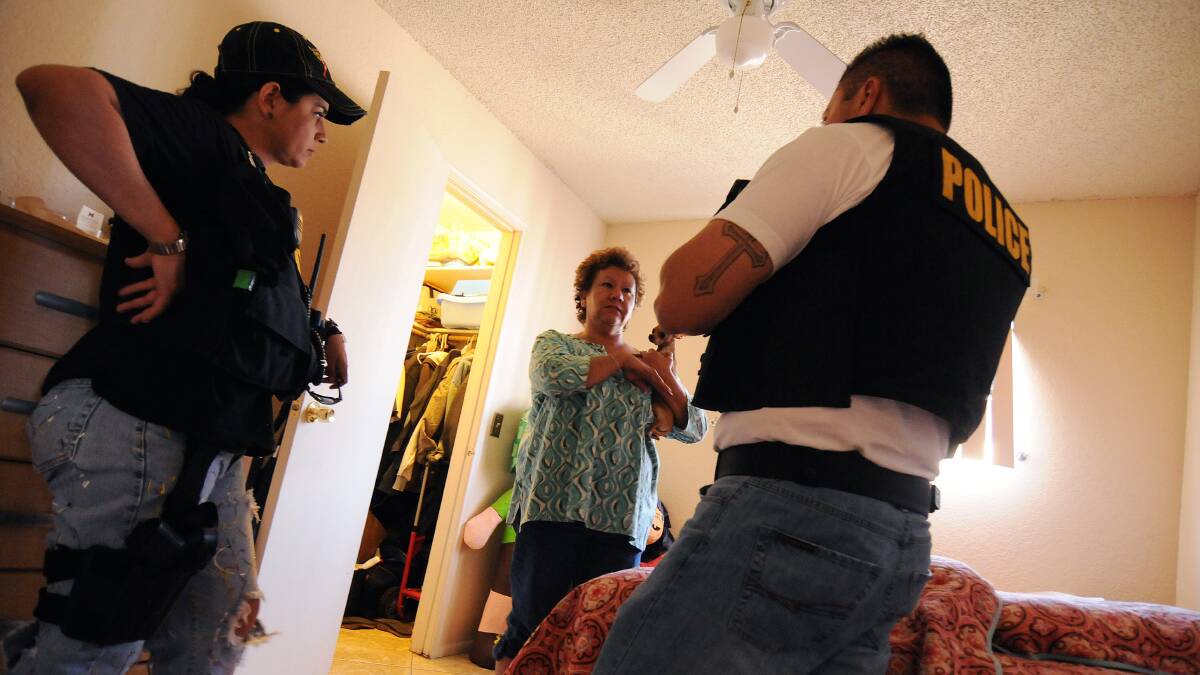
It is just over 100 years since the Treaty of Versailles entered into force.
Subscribe now for unlimited access.
or signup to continue reading
Its headline provisions, such as the formation of the League of Nations and the imposition of crippling reparations on Germany, had a profound effect on the history of the 20th century. But the devil is, as they say, in the detail.
A little-known section of the treaty has had far-reaching consequences. The Hague Opium Convention of 1912 had proposed an international system to prevent the production, distribution and use of recreational drugs, but major drug-producing countries were reluctant to sign on. The Treaty of Versailles forced them to do so. Under article 295, all signatories were automatically deemed to have signed and ratified the Opium Convention. A relatively unfashionable piece of international law suddenly acquired global heft.
Article 295 was a Trojan horse. It set off a chain reaction that, over the course of the 20th century, grew into an all-encompassing bureaucratic and repressive international drug control system. Dominated by the United States, it has been run by true believers in a church of zero tolerance. It has required the absolute prohibition and aggressive prosecution of anyone who uses, possesses, or trafficks in drugs like opium, morphine, and cocaine, while cannabis and heroin were placed together (!) in a separate category, defined as "particularly dangerous" and warranting "special measures" of suppression.
This punitive approach has been catastrophically counterproductive. In Australia, as elsewhere, it has led to the persecution of users of drugs like marijuana or MDMA that, by any measure, are far less dangerous than alcohol or tobacco. Rather than preventing drug trafficking, these laws have made it breathtakingly lucrative. Prohibition has made it harder for users to access help, treatment or even information. By creating a culture of secrecy, poverty, and crime, it is not drugs but our legal system that has blighted the prospects of young people, and in some cases led to their death from overdose.
Yet finally the winds of change are blowing. In many areas, Australia has taken the lead. Our needle exchange programs led the world and have saved thousands of lives; in safe injecting rooms in Sydney and Melbourne, not a single life has been lost. In the ACT, cannabis has been decriminalised. Just yesterday, Health Minister Rachel Stephen-Smith announced that the government would go ahead with proposals to decriminalise the use and possession of small amounts of a wider range of drugs, including cocaine and heroin. This brings the ACT closer to the most important recent innovation in global practice, known as the "Portuguese model".
Even the international drug control system has undergone an astonishing change of heart. In 2015, Werner Sipp, no less than the president of the International Narcotics Control Board, officially described the Portuguese model as best practice. In a complete reversal of the dogma maintained by the INCB for 50 years, he declared that the "practice of exempting small quantities of drugs from criminal prosecution is consistent with the international drug control treaties". The high priest of the church of prohibition is now an apostate.

Alas, in frontline countries like Mexico, US pressure to maintain prohibition continues to exact a truly unforgivable price. There, the so-called "War on Drugs" has led to the deaths of 300,000 innocent people in the past 15 years. The number of those who have "disappeared" has now reached 100,000. That's 100,000 families who will never see their loved ones again. 100,000 communities who cannot mourn their dead. The UN Committee on Enforced Disappearances recently excoriated the government for enabling a "culture of impunity". Their report concluded, "organised crime has become a central perpetrator of disappearance in Mexico, with varying degrees of participation, acquiescence or omission by public servants".
Simply blaming corrupt governments or villainous cartels, however, fails to capture the complex reality. The reckless and disingenuous US support for prohibition goes back, as we have seen, over a century. The US has for many years colluded with both governments and organised crime, in a process which has led to the militarisation of the whole region and the destabilisation of its institutions, with devastating consequences.
What is needed is more than fine words or enhanced border security. To seriously acknowledge the impact of the drug war on the lives of human beings all over the world requires compassion, understanding, and a changed mindset. The ACT Health Minister's announcement yesterday is, as she put it, "the next logical step" - a step in the right direction. The Treaty of Versailles' Trojan horse is rotting away. But to finally put it down, we must think globally as well as act locally.
- Desmond Manderson is an academic and writer. His play Twenty Minutes with the Devil premieres at The Street Theatre, June 18 to 25. For more information, go to thestreet.org.au. On Thursday June 23, there will be a special pre-show panel discussion on drugs, law and justice. Pre-booking is essential.

